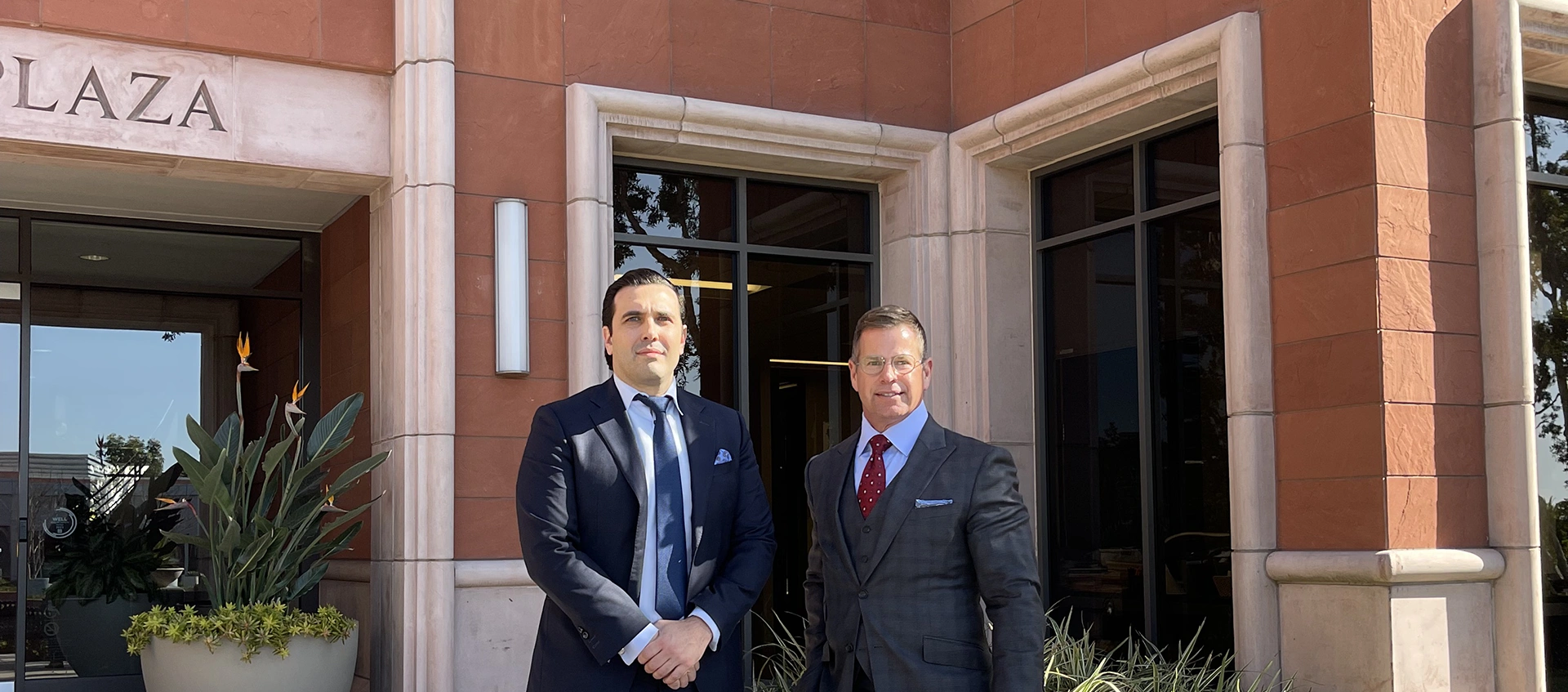In the diverse landscape of California, the issue of gang involvement among juveniles is one that has garnered significant attention and concern. At West Coast Defense, we recognize this topic’s complex legal implications and aim to shed light on it in this blog post.
Legal Definitions and Consequences
One of the key aspects that parents, guardians, and young individuals need to comprehend is how California defines gang involvement and the legal consequences it carries. Gang involvement is typically defined as active participation or affiliation with a criminal street gang. This involvement can range from simply associating with gang members to committing criminal acts on behalf of the gang.
The legal consequences for juvenile offenders involved in gangs can be severe. Depending on the circumstances, they may face charges related to gang enhancements, which can lead to longer sentences and harsher penalties. Additionally, involvement in gang-related crimes can result in a criminal record, impacting future opportunities for education and employment.
Juvenile Court System vs. Adult Criminal Court
In California, the treatment of juvenile gang offenders differs significantly from that of adults. The state recognizes the need for a more rehabilitative approach for young offenders. Juvenile courts focus on rehabilitation and intervention rather than strict punishment.
However, if a juvenile is accused of particularly serious crimes or shows a pattern of persistent criminal behavior, they may be transferred to adult criminal court. This process, known as “fitness hearings,” involves thoroughly examining the offender’s background, the seriousness of the crime, and other relevant factors.
The Importance of Legal Representation
Legal representation is crucial when dealing with juvenile gang involvement cases in California. At West Coast Defense, we understand that effective legal representation can make a substantial difference in the outcome of a case. Our experienced attorneys can help navigate the complex legal system and work to secure the best possible outcome for the young individual.
Defenses and Strategies
The legal team at West Coast Defense employs a range of defenses and strategies tailored to the unique circumstances of each case. Some potential defenses for juvenile gang involvement cases include:
- Lack of Evidence: Challenging the evidence presented by the prosecution to establish a lack of involvement in gang-related activities.
- Miranda Rights Violations: Ensuring that the juvenile’s rights were upheld during questioning and that any statements made without proper Miranda warnings are not admissible in court.
- Ineffective Assistance of Counsel: If the juvenile did not receive adequate legal representation, this can be a basis for appeal.
- Alternatives to Incarceration: Advocating for alternative sentencing options, such as probation, counseling, or educational programs.
- Witness Credibility: Discrediting the credibility of witnesses or informants whose testimony may be central to the case.
Preventing Recidivism and Rehabilitation
At West Coast Defense, we believe in addressing the underlying issues that may lead juveniles to gang involvement. We work to provide resources and support to help young individuals break free from the cycle of criminal behavior. Rehabilitation and reintegration into society are essential to our approach to juvenile gang involvement cases.
Understanding the legal implications of gang involvement for juvenile offenders in California is paramount. It’s important to navigate the complex legal system with the guidance of experienced attorneys who can ensure that the rights and future of young individuals are protected. At West Coast Defense, we are dedicated to providing the necessary support and legal representation to address these critical issues and work towards positive outcomes for our clients.
Contact West Coast Defense today to schedule a consultation!






